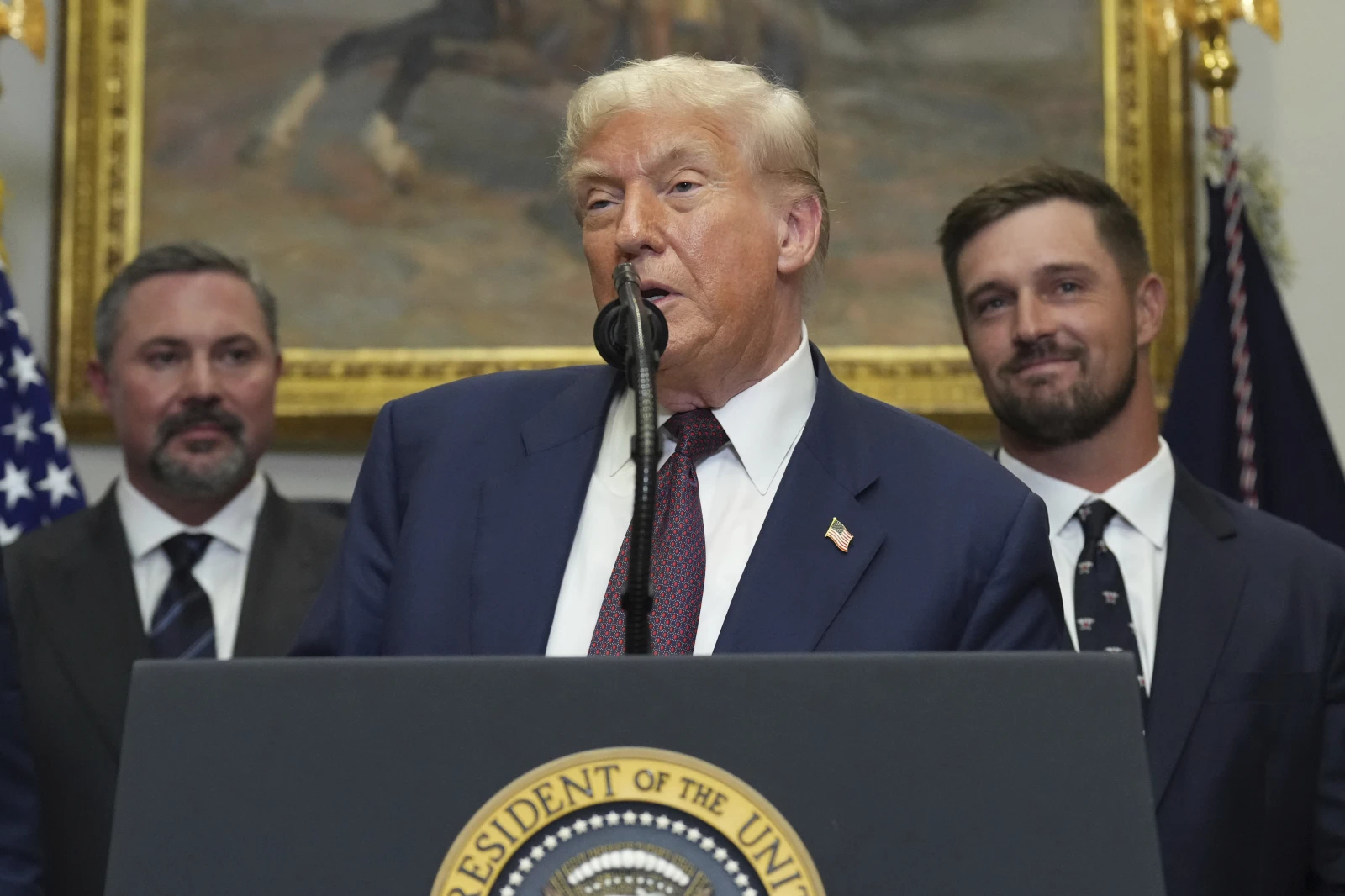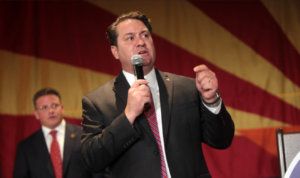Trump fires statistics chief over jobs figures—and the fallout is reshaping public trust in U.S. economic data. On August 1, 2025, following a disappointing July jobs report that revealed only 73,000 new positions added and major downward revisions of 258,000 jobs for May and June, President Donald Trump removed Bureau of Labor Statistics Commissioner Erika McEntarfer from office. He accused her—without offering evidence—of rigging numbers for political effect. This bold move has triggered intense debate about the politicization of independent federal agencies and the integrity of economic statistics.
The Jobs Shock That Triggered the Dismissal
The Bureau of Labor Statistics released a sobering jobs update: just 73,000 new jobs in July, well below forecasts. More alarmingly, May and June job creation tallies were slashed by a combined 258,000 positions, the deepest two-month revision outside pandemic-era data fluctuations.
Within hours, President Trump took to Truth Social to allege without proof that Commissioner Erika McEntarfer—a Biden-era political appointee—had manipulated jobs data to harm Republicans and his reputation. “In my opinion, today’s Jobs Numbers were RIGGED,” he posted, adding that she would be replaced with someone “more competent and qualified.”
The Commissioner: A Career Statistician or Political Pile-On?
Erika McEntarfer was not a partisan operative but a veteran statistician respected across administrations at agencies like the U.S. Census and BLS. Her nomination in 2024 was confirmed with bipartisan support, with praise for her professionalism from former BLS heads. In response to Trump’s allegations, economists and past commissioners—such as William Beach—called the firing baseless and dangerous, warning it risks undermining trust in impartial data collection.
What Really Drives Revisions to Jobs Data
Substantial revisions to employment figures are not uncommon. Initial job reports often rely on limited early survey responses, with later updates reflecting more comprehensive information, especially from smaller firms and education sectors. Analysts say the recent downward revisions stem from streamlining surveys, resource constraints, and declining response rates—but not political interference.
Economic and Market Fallout
The timing couldn’t have been worse. Financial markets were already rattled by Trump’s new tariffs affecting trade partners worldwide. The weak jobs data intensified fears of economic slowdown, triggering a sharp decline: the S&P 500 plunged roughly 1.6%, marking its worst day since May. Economists warn that politicizing data collection threatens not just public confidence but also the stability of policy-making and financial markets.
Institutional Independence at Risk
The firing is part of a broader trend under the current administration—similar to earlier removals of inspectors general and reductions in federal workforce ranks—that raises concerns about checks, balances, and civil service protections. Critics characterize this as a dangerous precedent: dismissing technocrats for delivering unpleasant truths—or simply following statistical norms—undermines institutional integrity and neutral expertise. Vox
What Comes Next: Leadership and Trust Rebuilding
William Wiatrowski, long-serving deputy commissioner, has stepped into the acting leadership role at BLS while a permanent commissioner search begins. Meanwhile, debates rage over whether this move signals political control over independent data or remedial action in response to genuine concerns. Re-establishing credibility will demand transparency around data methodology and protections against interference. Analysts stress that trust must be repaired through clear, transparent protocols rather than political appointments or shortcuts.
Conclusion
Across disciplines—economic, political, institutional—the fallout of Trump firing the BLS commissioner is profound. It reveals vulnerabilities in how data integrity can be weaponized or defended, affects investor and public confidence, and reflects on the broader role of caretakers within federal institutions. Tight timelines and rigid expectations should not supplant scrupulous standards.
Yet, the biggest fallout may be in trust. When those entrusted with impartial measurement are removed for delivering inconvenient truths, institutions themselves suffer. As the dust settles, restoring confidence in U.S. data will require strong, transparent leadership and boundaries respected—not breached.
Subscribe to trusted news sites like USnewsSphere.com for continuous updates.





